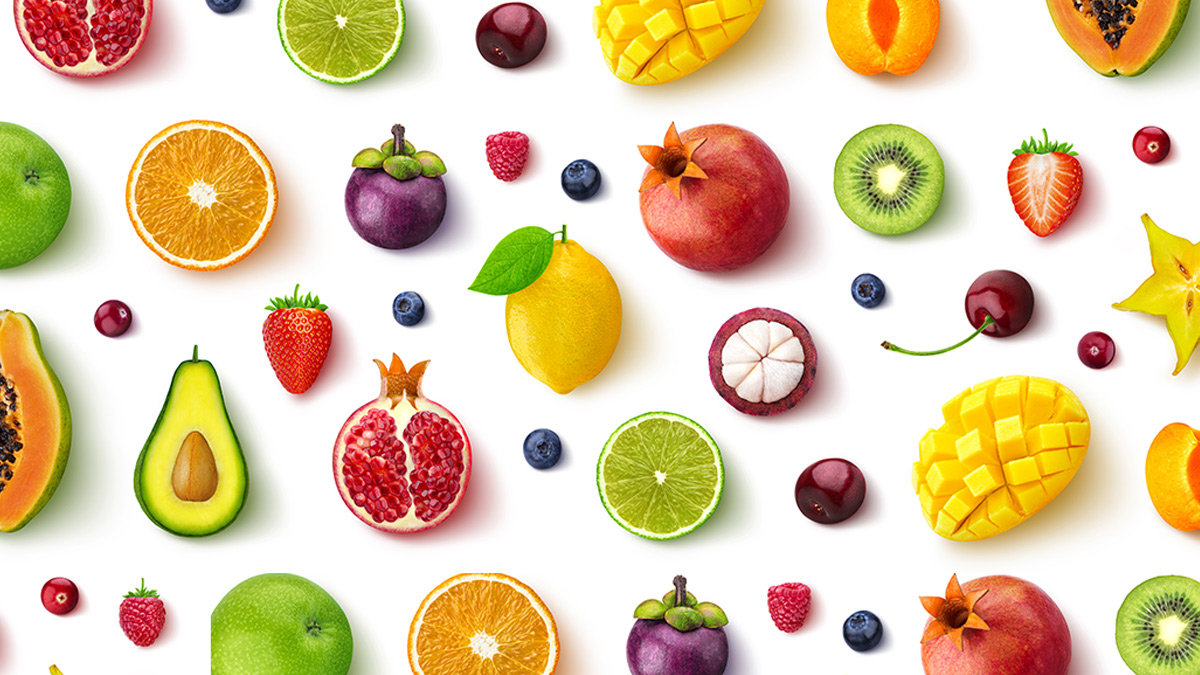
Allergies can be life-threatening, especially when they cause anaphylaxis, a severe reaction that can happen within minutes. Many people know about peanut or shellfish allergies, but fruit allergies can also be very dangerous. This became clear during a recent Usher concert in London, where a playful moment nearly turned into a medical emergency. Usher, famous for sharing cherries with fans during his shows, offered a cherry to a woman in the crowd. She quickly refused, saying she was allergic. The situation could have become serious if she had eaten the fruit, reminding everyone that food allergies are not a joke.
Table of Content:-
Usher’s Cherry Offer Incident
Usher came close to feeding a fan cherries during his concert in London, until she stopped him and revealed she was allergic. pic.twitter.com/OGq7Ml2v0q
— The Art Of Dialogue (@ArtOfDialogue_) May 10, 2025
At his London concert, Usher tried to feed a cherry to a fan, as he often does during his performances. The fan stopped him, saying, “I’m allergic.” Usher was surprised and asked, “Anybody got an EpiPen in this bitch?” He hugged the fan and told the crowd, “We almost had an emergency in here”. Usher’s cherry-sharing habit started with strawberries during his Las Vegas shows and became a fun part of his act. But this incident showed how quickly things can go wrong for people with allergies.
Which Fruits Can Cause Severe Allergies?![fruits allergy 2 - 2025-05-13T113822.866]()
Fruit allergies can cause mild symptoms like itching or swelling, but sometimes they trigger anaphylaxis. Dr Archana Jain, an expert in allergy and immunology, warns that several fruits can lead to severe allergic reactions. According to her, the most common fruits that can trigger strong allergies include:
- Peanut
- Eggs
- Gluten
- Lactose
- Tomato
- Brinjal
- Capsicum
- Nuts
- Olive oil
- Mustard oil
- Mushrooms
- Sea food
- Onion
She explains that even a small bite can cause symptoms like swelling, trouble breathing, or a drop in blood pressure. People with known fruit allergies should always carry an epinephrine auto-injector (EpiPen) and avoid risky foods.
ALSO READ: Hannah Brown Shocked by Double Uterus Diagnosis: What It Means for Her Fertility and Pregnancy Plans
What Does Research Say About Fruit-Induced Anaphylaxis?![usher cherry incident 1 - 2025-05-13T113824.230]()
A recent study published in The Journal of Allergy and Clinical Immunology: In Practice looked at fruit-induced anaphylaxis in children and adults. The research found that out of 3,512 people with severe allergic reactions, 250 cases were caused by fruit. The most common triggers were kiwi (15.6%), banana (10.8%), and mango (9.2%). About 11% of these reactions were severe. Sadly, many patients did not receive epinephrine quickly enough, which is the most important treatment for anaphylaxis. The study also found that severe reactions were more common in the spring and in people with eczema.
How to Stay Safe
If you have a known fruit allergy, always check what you eat and let others know about your allergy. Below are a few procedures that one can follow.
- Always read food labels carefully to check for hidden fruit ingredients.
- Inform friends, family, and event staff about your fruit allergies.
- Carry an EpiPen (epinephrine auto-injector) at all times and know how to use it.
- Avoid sharing food or drinks with others, especially at public events.
- If you feel symptoms like itching, swelling, or difficulty breathing, seek medical help immediately.
- Wear a medical alert bracelet that lists your allergies.
- When eating out, ask about ingredients and how food is prepared to avoid cross-contamination.
Conclusion
Usher’s recent concert moment is a reminder that fruit allergies can be just as serious as any other food allergy. Brinjal, capsicum, nuts, olive oil, and other fruits can cause severe reactions, even anaphylaxis. Experts like Dr Archana Jain urge people with allergies to be careful and always be prepared. Awareness and quick response are key to preventing emergencies and staying safe.
Also watch this video
How we keep this article up to date:
We work with experts and keep a close eye on the latest in health and wellness. Whenever there is a new research or helpful information, we update our articles with accurate and useful advice.
Current Version


